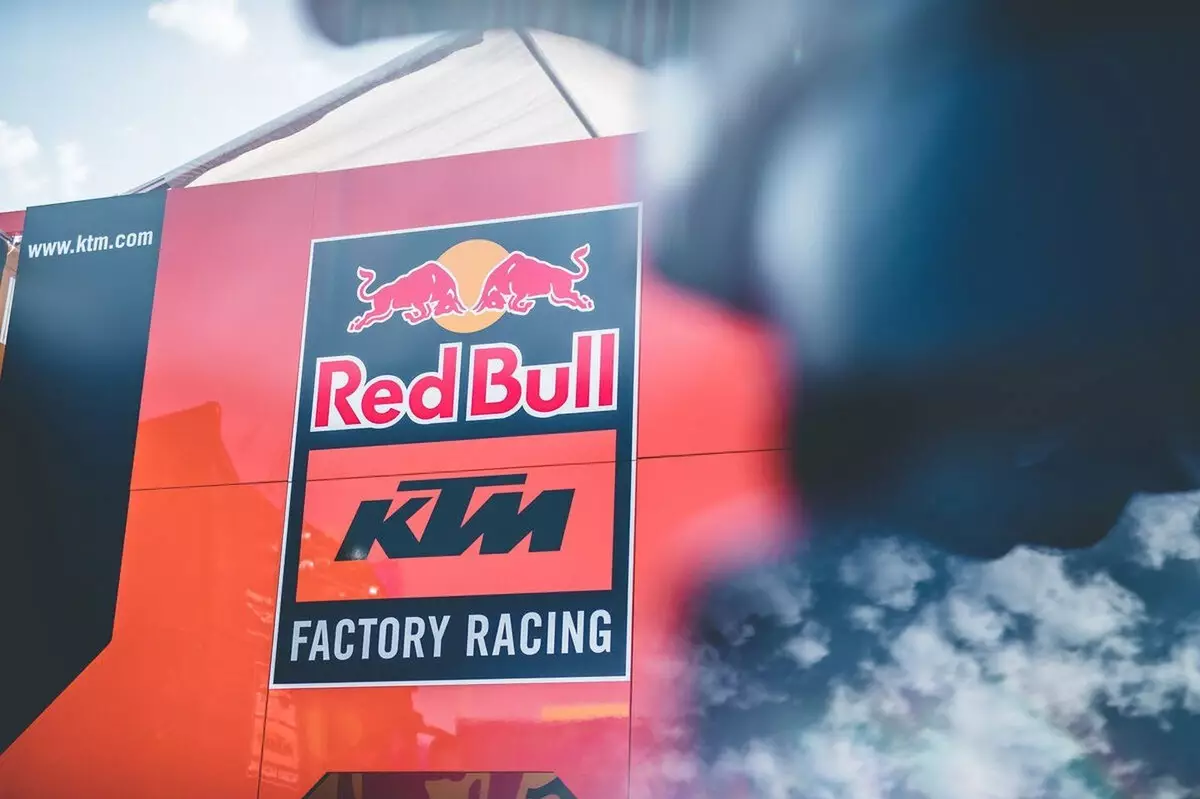KTM, a prominent name in the realm of motorcycle racing, is reportedly contemplating an exit from the MotoGP championship and its associated series—Moto3 and Moto2—by the 2026 season. This consideration is closely tied to a significant corporate restructuring process that has thrust the Austrian manufacturer into a phase of uncertainty. On December 20, the idea of stepping away from competitive racing was first broached, as outlined in a report from the Alpenländischer Kreditorenverband (AKV) following a creditors’ meeting in Austria. This suggestion raises a plethora of questions not only about KTM’s future in motorsport but also about the larger implications for the brand, its employees, and its reputation.
The Drivers Behind the Restructuring: Financial Strain and Strategic Decisions
KTM’s potential departure from the premier motorcycle racing series stems from financial strains that have beset the company. Spending nearly €95 million on racing endeavors in 2023 represents a considerable outlay for a company trying to navigate an economically tumultuous landscape. The restructuring plan presented by parent company Pierer Industrie AG outlines a commitment of approximately €250 million over the next two years to address claims from creditors, highlighting the precarious financial footing on which KTM now finds itself. Given the stakes, involving up to €3 billion, it is not surprising that drastic measures, including the cessation of high-cost sports sponsorships, are being considered.
The administration process, which began on November 29, signals a significant moment for KTM. In light of the recent concerns regarding liquidity, the management is likely weighing the costs and benefits of remaining entrenched in MotoGP against the necessity of stabilizing its financial situation. The choice to withdraw from racing—historically an avenue for brand building and marketing—could be seen as a retreat, but in the context of fiscal responsibility, could be justified as a strategic pivot towards sustainability.
The decision to exit MotoGP could carry significant public relations ramifications. KTM has acknowledged the potential for “significant PR damage” should the company hastily pull out of the MotoGP series before the end of its contractual obligations in 2026. The brand’s public identity is heavily entwined with its performance in motorsport, and a withdrawal may alienate a loyal fanbase while eroding brand prestige. Notably, KTM’s firm commitment to continue participation in MotoGP next season suggests an awareness of these risks, as the company strives to manage stakeholder interests amid mounting pressure.
The contracts with prominent riders such as Pedro Acosta, Brad Binder, Maverick Vinales, and Enea Bastianini, which extend through 2026, further complicate this narrative. While these riders symbolize the brand’s competitive spirit and innovation, they also represent financial commitments that KTM must honor in its bid to maintain credibility and trust among fans and industry insiders. Consequently, the course of KTM’s restructuring will inevitably influence how these contracts are handled and how the riders’ futures within the sport may be impacted.
As KTM navigates this challenging landscape, the upcoming court hearing on February 25, 2025, looms as a critical juncture. The approval of the restructuring plan could provide a semblance of stability and open doors for investment, potentially altering the trajectory of the brand’s involvement in motorsport. Reports suggest that the motorsport department is already in discussions with potential investors, indicating that there is a recognition of KTM’s value in racing as a promotional vehicle, despite the financial burdens it brings.
In the interim, the recent good news regarding wage payments for the workforce serves as a reminder of the human element behind these corporate decisions. With around 3,600 employees facing uncertainty due to the insolvency situation, maintaining workforce morale and ensuring timely payments will be essential in fostering loyalty and support during this tumultuous period.
KTM’s probable exit from MotoGP marks a pivotal moment not only for the company but also for the entire motorsport community. As the landscape evolves, the choices made now will undoubtedly have lasting impacts on the brand’s future, stakeholder relationships, and the broader context of motorcycle racing. The complex interplay of financial realities, brand management, and employee welfare will shape the narrative of KTM in the coming years, making it a key case study in the intersection of sports and corporate governance.


Leave a Reply